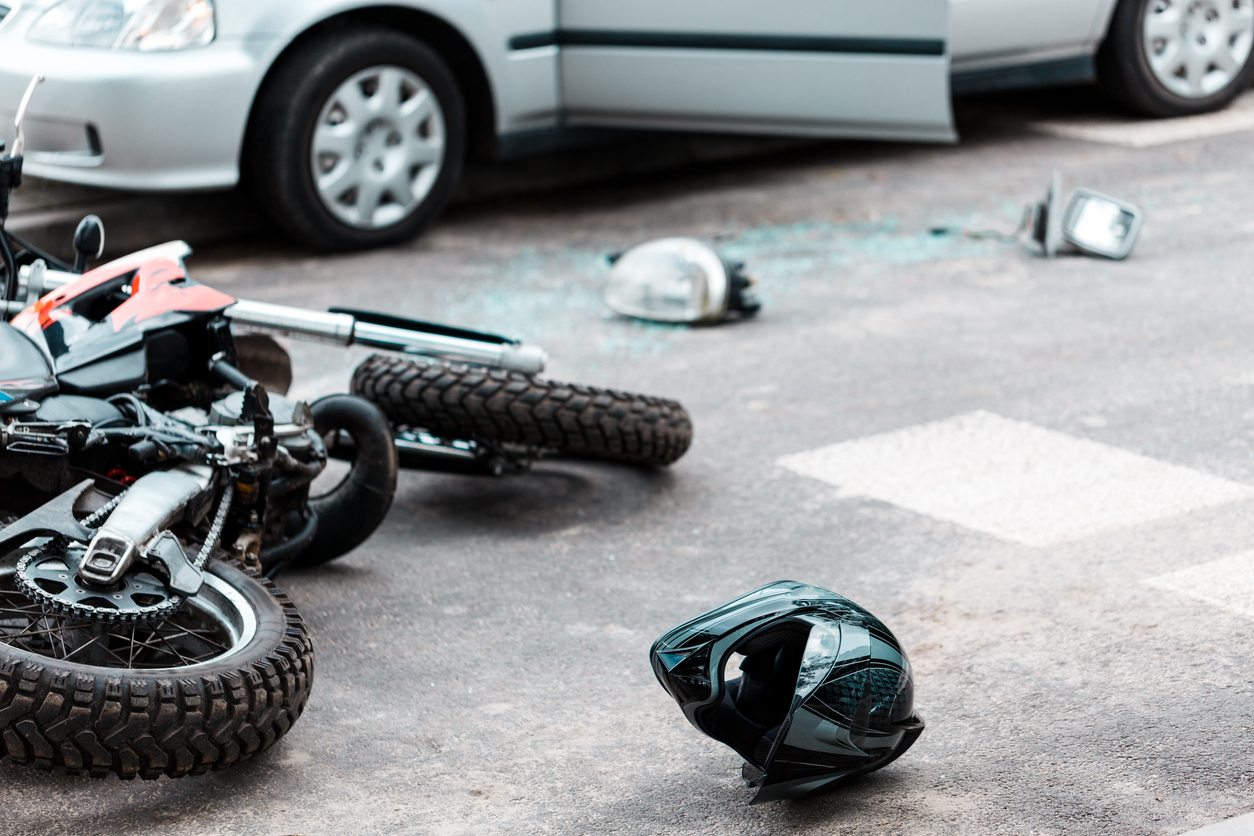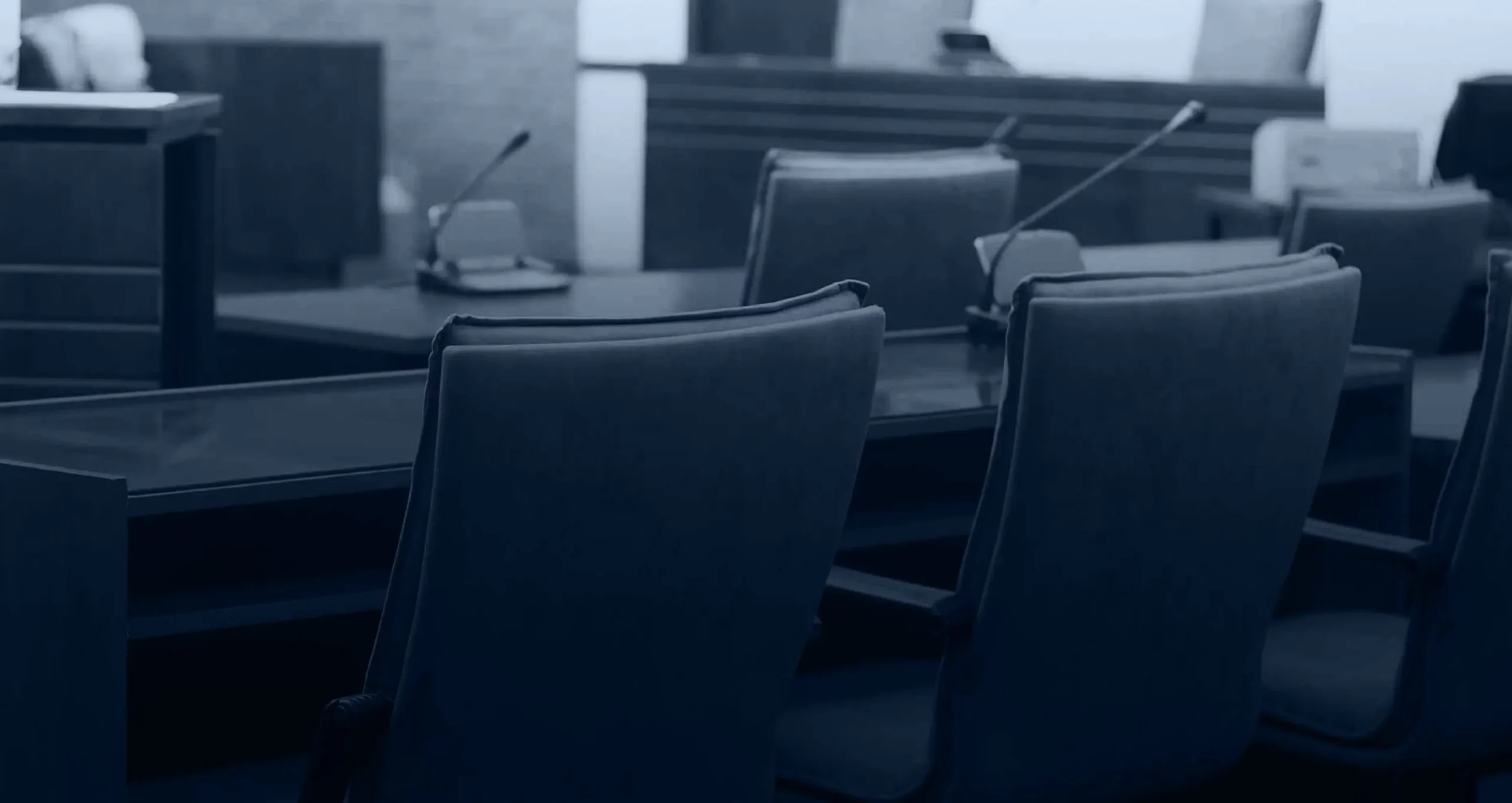What if I am partly to blame for my motorcycle accident? Many motorcycle accidents occur on the roads and highways every year—unfortunately, a majority results in serious injuries or fatalities for the motorcyclist. The aftermath can be both challenging and overwhelming. One important aspect of navigating that aftermath is an understanding of fault. The concept of fault plays a major role in the compensation that a motorcyclist can recover.
However, determining fault in a motorcycle accident can be complex. Various factors can contribute to a fault, and multiple parties may be involved. Therefore, it potential clients must understand fault in a motorcycle accident and how to determine it. This will help them protect their rights and maximize their recovery.
This article aims to provide a comprehensive overview of these topics for potential clients seeking legal counsel for a motorcycle accident. Reach out to a motorcycle accident lawyer.
Determining Fault in a Motorcycle Accident
When determining fault in a motorcycle accident, you must consider several factors. These factors can include the motorcyclist’s actions, other drivers’ actions, road conditions, and any mechanical issues with the motorcycle or other vehicles involved.
For example, if a motorcyclist was driving recklessly or speeding during the accident, this could contribute to liability. On the other hand, if something distracted another driver or they failed to follow traffic laws, this could also be a factor in determining fault.
Police Report
One key resource in determining fault in a motorcycle accident is the police report. Typically, law enforcement officials who respond to the scene of the accident complete this report. The police report can provide important details about the circumstances of the accident, including the positions of the vehicles, the weather and road conditions, and any citations that were issued. Using this information can help determine fault. It is also useful as evidence in court or for insurance claims.
Witness Testimonies
Eyewitness testimony can also be important in determining fault in a motorcycle accident. If other individuals were present at the time of the accident, their accounts of what happened could provide valuable insight into the events leading up to and during the accident. It is important to note, however, that eyewitness testimony can be subjective and may not always be reliable. Because of this, it is essential to consider witness testimony in conjunction with other evidence.
Insurance Company Determinations
Insurance companies also play a role in determining fault in a motorcycle accident. If a motorcyclist is seeking compensation for damages or injuries sustained in an accident, they will typically need to file a claim with an insurance company. This may be their own insurance company or the party at fault. The insurance company will investigate the accident and determine fault based on the available evidence.
If someone disputes, the insurance company may negotiate with the parties involved to reach a resolution. Determining fault in a motorcycle accident can be complex and involve multiple parties. This is why seeking legal representation is vital to protect your rights.
The Concept of Comparative Fault
It is important to know whether your state has comparative or contributory fault laws to understand how being partly to blame for a motorcycle accident may affect you. In a state with contributory fault, the law considers only one person to be at fault, and that person bears the full weight of legal responsibility.
Comparative fault refers to the idea that multiple parties may be partially at fault for an accident. Under a comparative fault system, the degree of fault is typically determined based on the actions of each party.
Being partly to blame for an accident only comes into play in comparative fault states. In this section, we will delve deeper into comparative fault. We will look at how it affects the amount of recoverable damages and examples of how the courts may apply it in a motorcycle accident case. Understanding comparative fault is crucial for potential clients seeking legal counsel for a motorcycle accident. The fault assigned to a person can significantly impact their ability to recover damages.
How Comparative Fault Affects the Amount of Damages a Victim Can Recover
The concept of comparative fault plays a significant role in determining the damages a victim can recover after a motorcycle accident. Under comparative fault, the degree of fault is typically determined based on the actions of each party involved in the accident.
The legal complexity makes it crucial for potential clients to seek legal counsel to protect their rights and maximize their recovery if they have a motorcycle accident in which someone disputes fault. An experienced lawyer can help to present a strong case on behalf of the client to minimize the percentage of fault assigned to them and maximize their potential recovery.
Examples of How Comparative Fault Gets Applied in a Motorcycle Accident Case
To better understand the issue, let’s look at some examples of how comparative fault may be applied in a motorcycle accident case in a state with comparative fault laws:
- A motorcyclist was driving at the speed limit and following all traffic laws when a car made a sudden lane change without signaling. The car collided with the motorcycle, causing the motorcyclist to suffer serious injuries. In this case, the car driver may have more fault assigned to them for the accident due to their failure to signal and their reckless lane change. The motorcyclist may be able to recover damages from the car driver. Still, a reduction of the damages may occur depending on the percentage of fault assigned to the motorcyclist.
- A motorcyclist was driving under the influence of alcohol at the time of the accident and collided with a stopped car at a red light. The car driver suffered serious injuries as a result of the accident. In this case, the court may assign the motorcyclist significant fault for the accident due to their decision to drive while under the influence. They may award the car driver damages from the motorcyclist minus the reduction due to the percentage of fault assigned to the car driver.
- A motorcyclist was driving at the speed limit and following all traffic laws when a truck made an illegal U-turn in front of them. The motorcyclist was unable to avoid the collision and suffered serious injuries. In this case, the court may find the truck driver more at fault for the accident due to their illegal U-turn. The motorcyclist may be able to recover damages from the truck driver, but the percentage of fault assigned to the motorcyclist will reduce the total amount recoverable.
Defenses to Comparative Fault in A Motorcycle Accident Case
If you are in a motorcycle accident in a state with comparative fault and are partly to blame, a motorcycle accident lawyer may have defenses available to minimize the percentage of fault assigned to you.
Some possible defenses to comparative fault in a motorcycle accident case include:
- Proving that the other party was solely at fault. If you can provide evidence that the other party was entirely responsible for the accident, you may be able to avoid the court assigning any responsibility at all. This may involve presenting witness testimony, video footage, or other evidence that supports your claim.
- Proving that the motorcycle accident was not your fault. In some cases, it may be possible to argue that you were not at fault for the accident due to circumstances beyond your control. For example, if another vehicle hits you due to a mechanical failure, you may argue that the accident was not your fault.
- Proving that your actions were reasonable given the circumstances. Even if you were partly at fault for the accident, you might still be able to defend yourself by arguing that your actions were reasonable, given the circumstances. For example, if you were driving at the speed limit and following all traffic laws but were still involved in an accident due to another driver’s reckless behavior, you can argue that your actions were reasonable.
- Proving that the other party acted recklessly or negligently. If you can provide evidence that the other party acted recklessly or negligently, you may be able to shift more of the fault onto them. For example, if the other party was driving under the influence of drugs or alcohol or texting while driving, you could use this as evidence of their recklessness or negligence.
- Proving that you did not get an adequate warning. If you had an accident due to a sudden road hazard or another unexpected event, you could argue that you did not get a fair amount of warning and, therefore, cannot be fully responsible. This defense may be especially relevant in cases where the other party was also partly at fault for not adequately warning you of the danger.
Protect Your Rights if You Partly Caused a Motorcycle Accident
If you are partly to blame for a motorcycle accident, protecting your rights and maximizing your potential recovery is essential. One essential step is to seek legal representation as soon as possible. An experienced lawyer can help you navigate the legal process and defend your rights, even if you are partly at fault for the accident.
To protect your rights and maximize your claim:
- Gather evidence. Gather as much evidence as possible to support your case, including any photos from the accident scene, witness testimony, and documentation related to the accident, such as the police report and medical records. If you’re too injured to do this, call a lawyer to do it for you.
- Seek medical attention. There were over 1.5 million accidents with injuries nationwide in 2020. If an injury occurred in your accident, it is crucial to seek medical attention as soon as possible. This will not only help to ensure that you receive the necessary care, but it will also create a record of your injuries, which you can use as evidence in your case.
- Keep track of your expenses. If you are seeking compensation for damages or injuries sustained in the accident, it is essential to keep track of all costs related to the accident, including medical bills, lost wages, and property damages.
- Negotiate with insurance companies. If you are seeking compensation from an insurance company, it is important to negotiate in good faith and prepare to present your case clearly and concisely. An experienced lawyer can navigate these negotiations and ensure fair treatment.
By taking these steps and seeking legal representation, you can protect your rights and maximize your potential recovery when partly to blame for a motorcycle accident.
Contacting a Dependable Motorcycle Accident Lawyer
If you or someone you know has been in a motorcycle accident and are seeking legal counsel, you need to get to work immediately to maximize the amount you can recover. To do so, contact a dependable accident attorney and ask for their advice. Reach out to a personal injury lawyer.
Contact the Chicago Motorcycle Accident Law Firm of Zayed Law Offices Personal Injury Attorneys for Help Today
For more information, please contact the experienced Chicago motorcycle accident lawyers at Zayed Law Offices Personal Injury Attorneys today. We offer free consultations.
We proudly serve Cook County, Will County, Kendall County, and its surrounding areas:
Zayed Law Offices Personal Injury Attorneys – Chicago Office
10 S La Salle St STE 1230, Chicago, IL 60603
Phone:(312) 726-1616
Hours: Open 24/7
Our firm is located near you. We have an office in Chicago
Find us with our GeoCoordinates: 41.8815493,-87.6327515
Zayed Law Offices Personal Injury Attorneys – Joliet Office
195 Springfield Ave, Joliet, IL 60435
Phone: (815) 726-1616
Our firm is located near you. We have an office in Joliet
Find us with our GeoCoordinates: 41.5254295,-88.1381011








